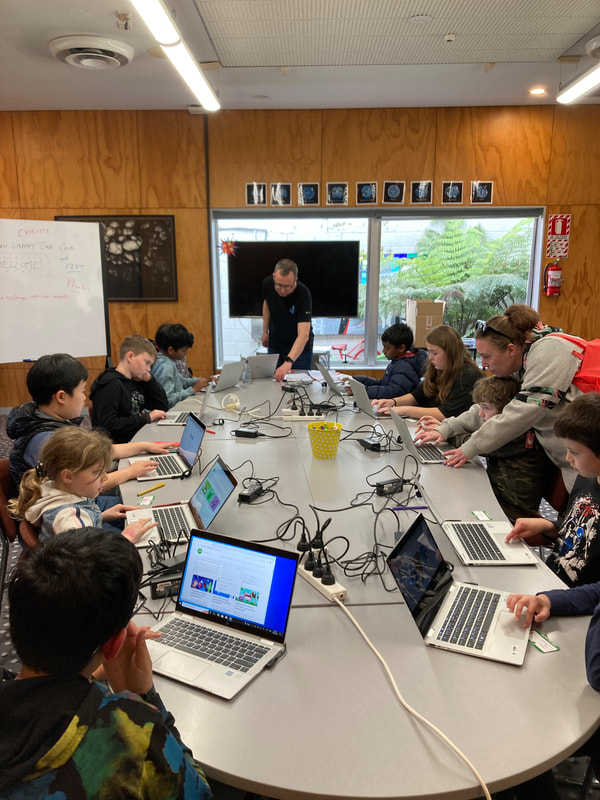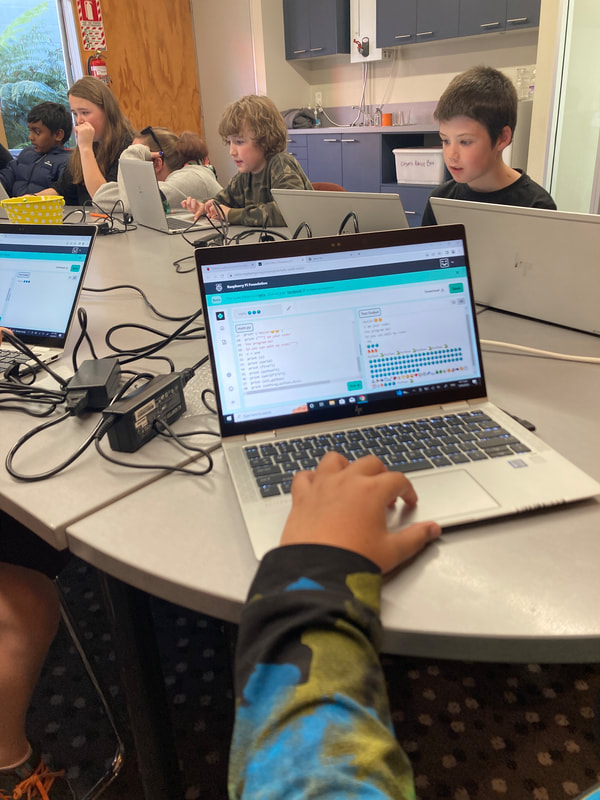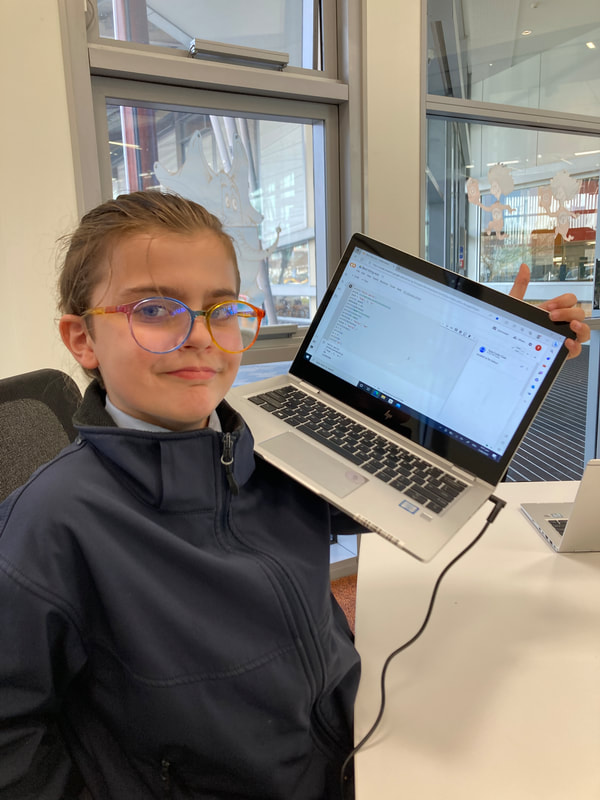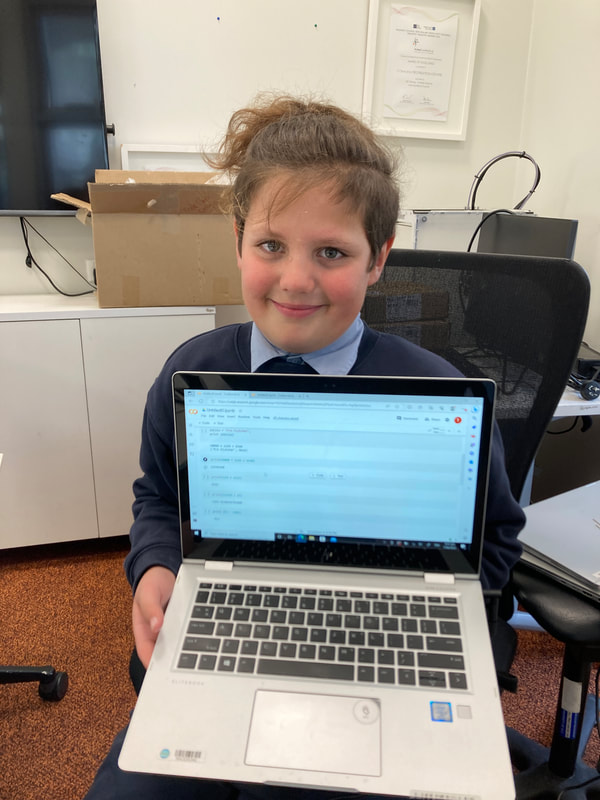While Code Club does an excellent job of providing resources and guidance for young people who take part, there’s another crucial aspect to consider - access to devices. We know many tamariki and whānau don’t have access to devices or the internet at home. This is why we ensure every venue that signs up to host can provide them. However, not all venues can do so, and the last thing we want to do is limit participation, which is where Recycle a Device comes into play!
Every week, fifteen tamariki from west and south Auckland come together for an hour of coding at Glen Eden and Ōtāhuhu libraries. These are the settings for two of the first Code Clubs in Aotearoa, working entirely with devices sourced from our Recycle a Device program and Raspberry Pi gifted to us by genesmith.ai.
"Building robots with Raspberry Pi offers a wide range of educational and developmental benefits for kids. It promotes hands-on learning, coding skills, problem-solving, and creativity, and prepares them for the technology-driven future. It's a fantastic and fun way to combine play and education in the STEM subjects (science, technology, engineering, and mathematics) while fostering teamwork and communication."
Glen Eden librarians Valerie and Cathy are pleased to give the RAD laptops a new life in this library-based Code Club. By providing a venue with wi-fi, they’re also ensuring tamariki of West Auckland have access to the resources and devices they need to learn coding for (hopefully) years to come!
Over at Ōtāhuhu library, student numbers are smaller. But the learning is just as valuable. Each week, ākonga (students) use donated and refurbished RAD laptops to work through the introduction to the , with a bit of robotics and micro:bit activities thrown into the mix. Eight-year-old Emilio says, “Using a laptop instead of the library computers makes me feel like a real game developer. Code Club is even more fun now.” His brother, Miguel, 10, enjoys learning Python because “Python is more complex, and I can make more projects than I could in Scratch. It will help me when I grow up and get a job.”
Jo Cocker, outgoing Digital Literacy Specialist at Auckland Libraries and LIANZA Council member, is supportive of this partnership approach:
“Working with organisations such as Recycle a Device and Code Club Aotearoa enables libraries to increase access to digital literacy learning for our tamariki and creates opportunities for communities to get involved locally. Collaborative initiatives are a great way to collectively address digital inequity in our communities. It would be great to see more initiatives like this supported to run in libraries across Auckland and Aotearoa in the future.”
The positive impact of both the Code Club and RAD initiatives on local communities is huge. By providing devices, RAD is transforming library-based code clubs into thriving hubs of digital literacy. Together, RAD, Code Club, local libraries and volunteers can pave the way for a more equitable future for all of New Zealand’s youth.
To learn more about RAD or donate a device head to recycleadevice.nz and for all things Code Club related head to codeclub.nz.






 RSS Feed
RSS Feed